Growing up on a farm in Minnesota, Mark Den Herder was uncomfortable with the confinement style of raising pigs. He thought to himself, “I’ll never do that.”
And, he hasn’t. The pigs at his dH Farm in West Fork look pretty dang happy. As do the sheep, the dogs, the plants, the chickens, and the kids. dH Farm is a very happy place in general, where “caring” seems to bloom in abundance. When asked what he raises on the farm, Mark jokingly says “Kids!” And his wife Marquita joins in on the laughter as she herds some of the younger ones around the kitchen.
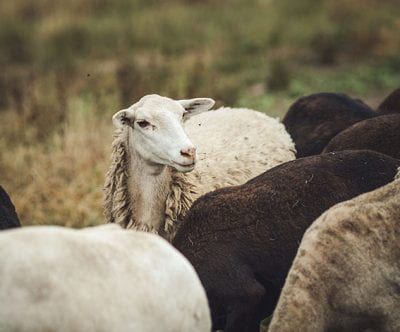 The Den Herder clan currently includes eight children, two of whom are fosters. Mark and Marquita have been fostering for the past 21 years along with all of the other hats they wear. Mark still works a full-time job in addition to farming. Being around the couple makes you wonder how they do it all. It’s humbling and inspiring.
The Den Herder clan currently includes eight children, two of whom are fosters. Mark and Marquita have been fostering for the past 21 years along with all of the other hats they wear. Mark still works a full-time job in addition to farming. Being around the couple makes you wonder how they do it all. It’s humbling and inspiring.
If you aren’t immediately inspired by their work ethic and human decency, their commitment to organic farming philosophies might do it. Mark and Marquita believe in making the world a better place from the ground up.
The Den Herders utilize permaculture practices, which are principles that view the farm as a whole system. It utilizes the interconnection of each part of the system, working with nature, rather than against it. The foundational ethics of permaculture all come to life at dH Farm through their care of the earth, care of people, and sharing the surplus. If you weren’t already familiar with the concepts, you would leave dH Farm with a basic understanding of how permaculture works.
The Den Herders are very conscious of their environmental inputs and outputs within their farm system. Mark says they are working toward fully no-till production for vegetables. He points out beds that are in the process of occultation. This is the practice of covering the ground with tarps or other material to cut off light and kill weeds without herbicides.
Their organic practices extend to animal care as well. They avoid treating the pigs, sheep, and chickens with antibiotics or pesticides. Instead, the Den Herders focus on practices that support the healthiest animals possible, like rotational grazing, gut health, and natural dewormers. In addition to organic meat, the animals produce organic waste which is incorporated into the soil. They are an important part of the permaculture system.
Mark says he always felt a strong connection to the land. In his formative years, he discovered the magazine Organic Gardening which inspired a dream of someday farming organically. He obtained his bachelor’s degree in horticulture at South Dakota State University. Mark started his masters at Washington State, finishing up at the University of Arkansas. It was there that he met Marquita, who studied human development and family studies. When asked about her farm background, Marquita smiles and says “I fell for a man who wanted a farm. I supported him in that. I love our farm life.”
dH farm didn’t start out as an organic, permaculture farm. It began more conventionally with Mark farming the way he learned growing up. They first planted row crops on the homestead. Things would grow, just not always where intended. Much of what was planted would wash downhill, and then sprout up in a different area. The Den Herders realized that they would need a more effective approach. They decided to work with, rather than against, their Arkansas mountain-top terrain. That’s when they implemented more permaculture methods. The specifics of these may change with the circumstances, but they stay true to core permaculture concepts.
dH Farm sells primarily at the Fayetteville Farmers Market and directly to customers. It’s truly a family business. The children all help out, with the eldest daughter working on marketing. Marquita takes lead on the sales side at the farmers market, utilizing her humanities education and relationship skills. Each family member contributes and each non-human family member contributes a well.
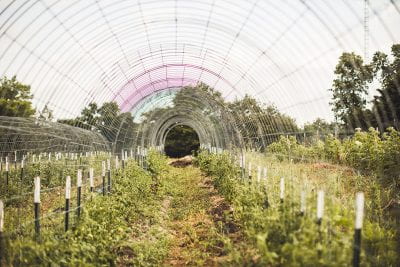 Mark advises aspiring farmers, “Let someone else make the mistakes for you. Learn all you can from others who’ve already made them. Get as much hands-on experience as you can.” True to this passing on of knowledge, dH Farm is currently hosting a farm apprentice from the Center for Arkansas Farms and Food. It’s a great opportunity for the apprentice to lean about several types of farm enterprises at once. Mark says their goal is always to integrate these various farm enterprises more efficiently. It’s an ongoing process for the Den Herders. Looking around, it seems to be working. The farm has a symbiotic feel to it.
Mark advises aspiring farmers, “Let someone else make the mistakes for you. Learn all you can from others who’ve already made them. Get as much hands-on experience as you can.” True to this passing on of knowledge, dH Farm is currently hosting a farm apprentice from the Center for Arkansas Farms and Food. It’s a great opportunity for the apprentice to lean about several types of farm enterprises at once. Mark says their goal is always to integrate these various farm enterprises more efficiently. It’s an ongoing process for the Den Herders. Looking around, it seems to be working. The farm has a symbiotic feel to it.
As a summer morning settles in, the children pick mouse melons and cherry tomatoes from the garden. Sheep graze in the field as chickens cluck and peck around. Pigs squeal in the distance, happily bickering over mud holes. A feisty little farm dog struts around, keeping an eye on everything. It seems as if the little farm on the mountaintop sighs in contentment under the caring stewardship of the Den Herders, and all is well at dH Farm.
To learn more about CAFF Farm Apprenticeships, visit UAFarmApprentice.org=
The Center for Arkansas Farms and Food is part of the University of Arkansas System, Division of Agriculture. CAFF is dedicated to increasing farms and farmers in Arkansas. CAFF programs provide instruction, networking, and resources to shape future farms, food entrepreneurs, and food system leaders. These include the Farm School, farm apprenticeships, classes, and outreach events. CAFF is part of the Northwest Arkansas Food System initiative.
More information on dH Farm is available at https://www.facebook.com/dhfarm06
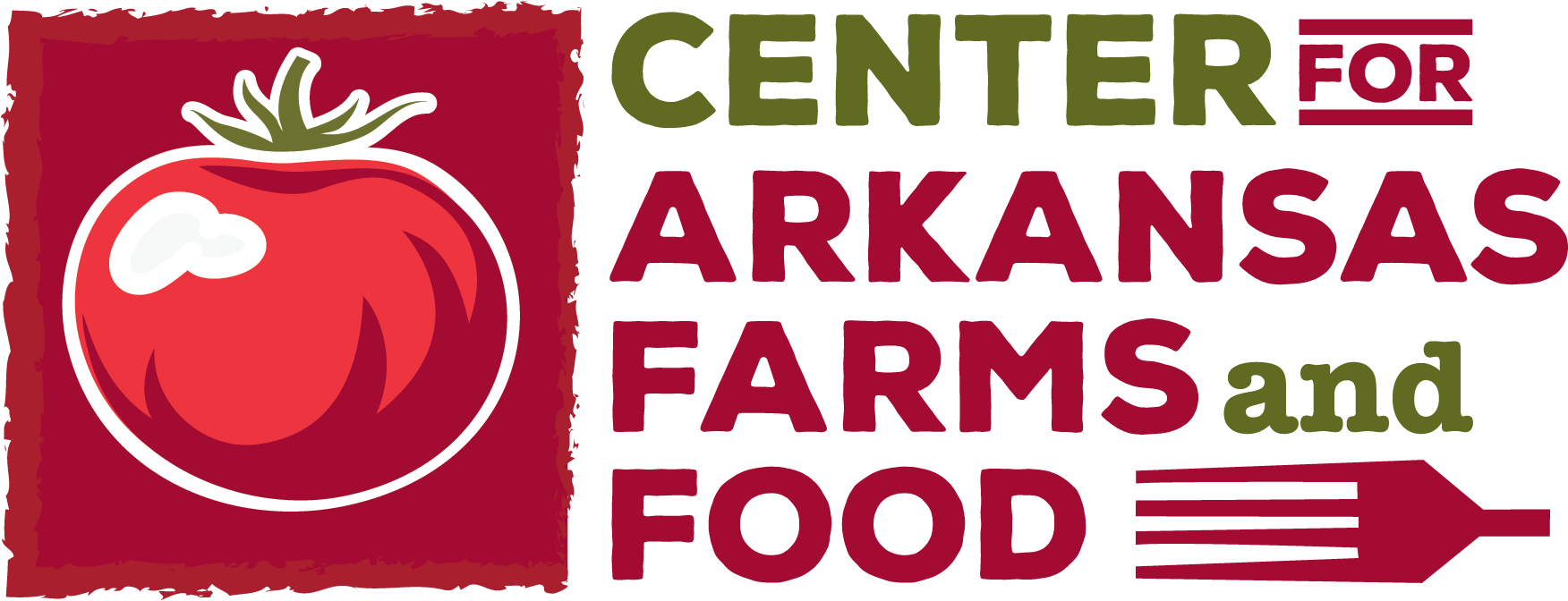
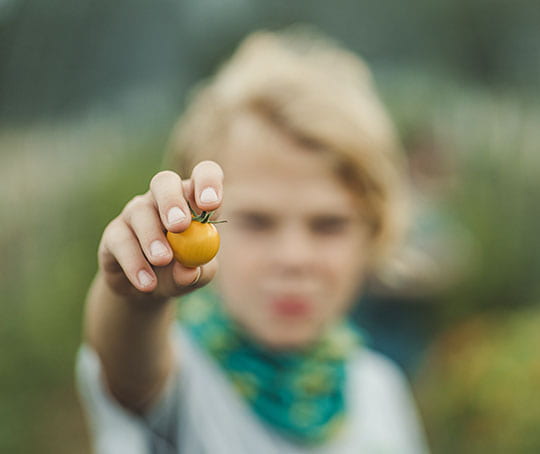
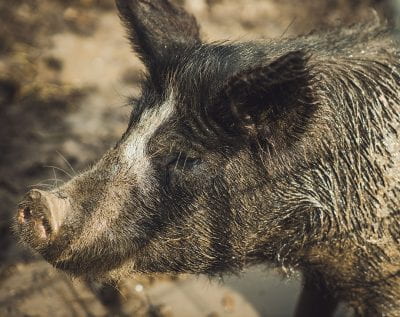
Recent Comments